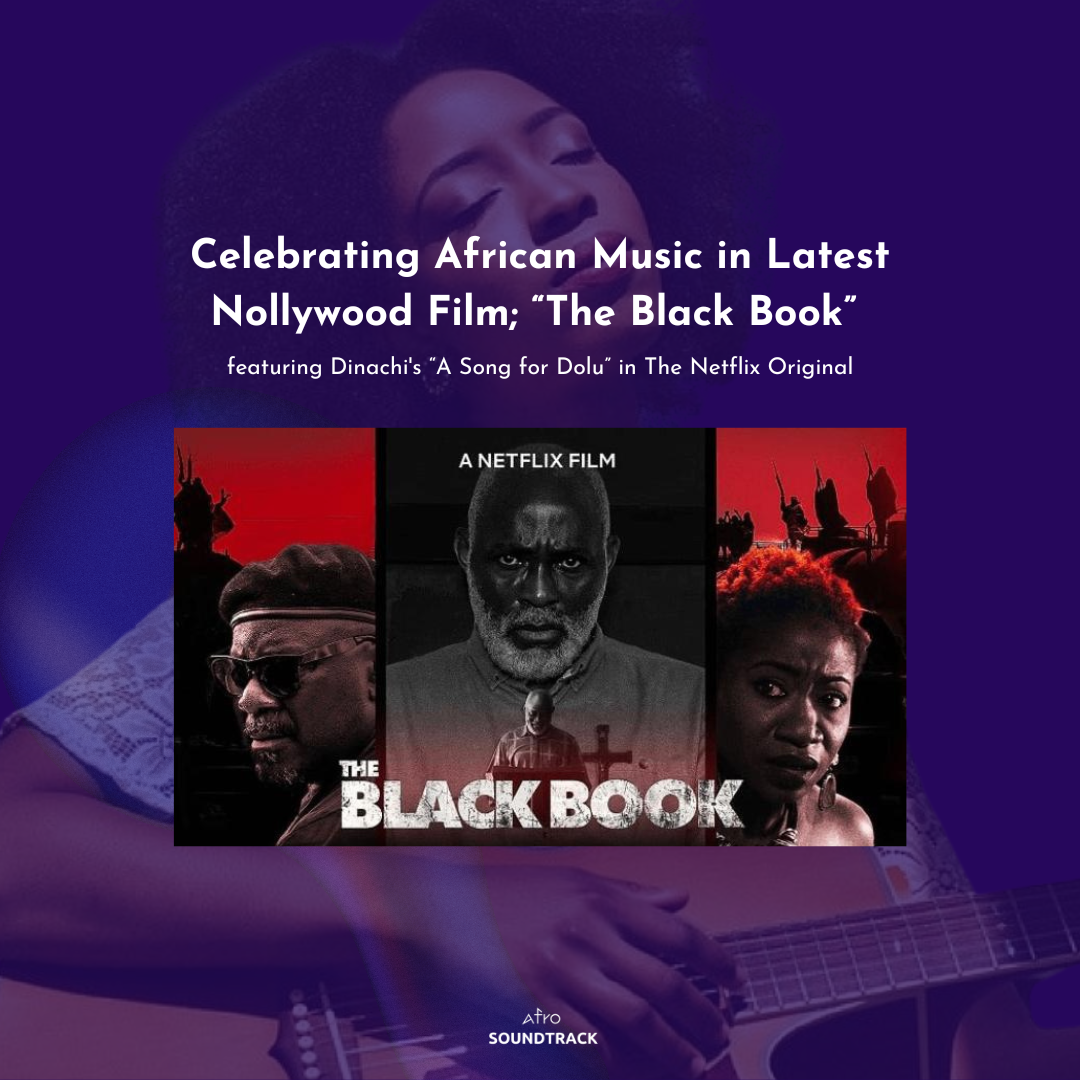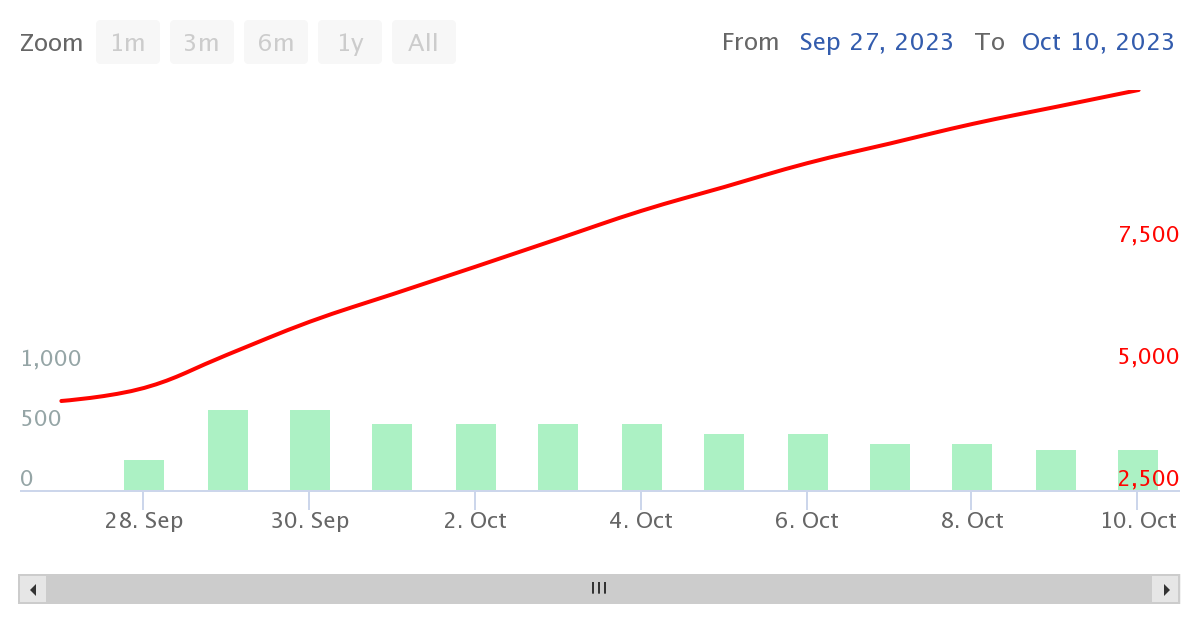Celebrating African Music in Latest Nollywood Film; “The Black Book” featuring Dinachi’s “A Song for Dolu” in The Netflix Original

Celebrating African Music in Latest nollywood Film; Dinachi’s “A Song for Dolu” in The Netflix Original “The Black Book”
“If I think about what I pray about and hope for my music is that it reaches people. It is nice to have that wonderful feedback and I am grateful for the opportunity and exposure from The Black Book but hearing people being touched by the music, I am completely humbled” – Dinachi, “A Song for Dolu”
In September of 2017, Nigerian independent singer-songwriter Dinachi released her debut album “Parables” consisting of ten tracks. The album closed with “A Song for Dolu”, a soulful tribute, written by Dinachi as a dedication to the memory of her friend, Dolu and for comfort to her loved ones. The production is stripped back, with just piano and vocals as an “honest representation and homage”. Six years later, the song stands as a significant audio representation of an authentic portrayal of the tragedy experienced by everyday Nigerians in Netflix’s Number One Film, The Black Book directed by Editi Effiong. How? The power of sync licensing in media.
The digital era of the 21st-century cements that the world is a global village. Specifically, this decade has shown that there is a thriving market for African stories. Sitting at the centre of the global attention on African entertainment is Nigeria. From the realms of Afrobeats to Literature to Nollywood, Nigerian entertainment has claimed its seat at the top with no sign of relinquishing its position. Currently, the phrase, ‘Afrobeats to the world’ is both a literal and figurative declaration of the immense success the genre has gathered, with top 10 entries on the Billboard Hot 100 chart, stage performances at world sport championships and the introduction of Afrobeat categories at international award shows such as the Grammys, the VMAs, the EMAs amongst others. Similarly , the trajectory of Nollywood in recent years has been shaped by notable feats. Particularly, in 2023, the industry secured international partnership deals ranging from production to distribution on streaming services with movies such as Gangs of Lagos, Jagun Jagun and many more.
With the release of The Black Book on the 22nd of September, 2023, history in Nollywood has once again been rewritten. The movie achieved an impressive milestone by becoming the first Nigerian movie to become the number-one film in the world on Netflix. The success of The Black Book has catalysed a cascade of accolades and milestones, igniting hope and expectations for greater heights in the future.
Amidst the discourse on the movie, spotlight has been shone on the 20th-minute mark as a pivotal scene that drives the plot. A minute later, against the backdrop of Paul’s emphatic yet lively gospel exhortation, as the waves crash against the shores and rocks, Dinachi’s voice sweeps over you. It is a melancholic yet hopeful dirge but an allusion to Paul’s religious point of view as a character; faith that death is not the end of life. In Dinachi’s words, “our lives on earth are temporal”. There is little dialogue, all that is left is the intentional expression of the lyrics. “Saying that I will see you again. So forgive us, darling, as we shed a tear or two, we know where you are”. The choice of this song as an accompaniment to the scene is nothing short of perfection. It fulfils the primary purpose of music in film, effectively transferring the intertwined feelings of grief and hope to you, the viewer.
The amalgamation of music and film is a necessity. Rather than a mere accompaniment, music is an instrument of storytelling. At its core, sync licensing is the use of recorded music in visual media, cutting across commercial advertisements, video games and film. In comparison to an original soundtrack, commercial music licensing involves the selection of pre-existing recorded music to complement a particular scene or character in a movie. Purposeful sync licensing delivers positive effects; whether as a marketing tool for music or to enhance the emotional impact of a story. The value of sync licensing is brilliant when it skillfully accomplishes both objectives.
In the fourth season of Netflix’s hit show Stranger Things, viewers subconsciously anticipate Vecna’s impending attack on one or more of the main characters. In episode 4, Max is revealed as the next target and in her fight with the villainous monster, Vecna, Kate Bush’s “Running Up That Hill (A Deal with God)” plays. The lyrics align perfectly with Max’s character arc and plotline. It is a double entendre to the physical struggle she faces with Vecna as well as her internal and emotional conflict with survivor’s guilt, depression, grief and trauma. The sync licensing of “Running Up That Hill” in Stranger Things becomes more significant with the aftermath. It opened up its predominantly Gen Z audience to thematic music from the 80s, an eclectic era otherwise foreign to them. After the release of the episode with its placement, the 1985 track received an increase in Spotify streams by 9000% and topped Billboard Charts in the UK, New Zealand, Ireland and Australia as well as the Global 200 chart. It is an amazing feat, one borne out of the genuine inclusion of the song to suit a crucial scene.


The domino effect of the synchronisation of “Running Up That Hill” is the anticipated favourable consequence of sync licensing. A similar outcome is observed with the licensing of “A Song for Dolu” in The Black Book. Presently, the song has garnered an 18% increase in Spotify streams in 23 days, a 147.6% change in 13 days in YouTube views and an impressive increase of 28,738.7% in Shazams since the release of The Black Book. The stats on Shazam highlight the positive reception of its inclusion in The Black Book.

For Dinachi, it is more than the stats and streams. In a conversation with her, she fondly expresses “I have this habit of looking through YouTube comments and it really does mean a lot. It was six years ago but it is amazing to see that it can still impact and touch people in whatever they might be going through.”. While she appreciates the material achievements and recognition her music has garnered through sync licensing, what matters most to her is the ability to connect with and reach people with her music. She is happy the song had overwhelming support from viewers while staying true to her integrity, beliefs and personality as an artiste.

It is not her first rodeo with the sync licensing of her music in a Nollywood movie. The song “Fresh Love” off her debut album “Parables” was featured in another Editi Effiong project; Up North, produced by Anakle Films and Inkblot Productions. So when Editi contacted her at the beginning of the year to have “A Song for Dolu” included in The Black Book, there was an “element of trust” in her agreement to its use. To her, its addition in the chosen scene and at the end credits was done really well resulting in a “complete picture and emotion with the music”.
The Nigerian music industry extends beyond chart-topping singles. To independent artistes like Dinachi, sync licensing in Nollywood has significant value. It has the potential to provide these artistes with a wider reach and exposure. Dinachi also relishes her experience with composing original soundtracks “Rise” and “Lights Go Out” in The Set Up and The Set Up 2 while not compromising her authenticity. In telling Nigerian stories to a global audience, it is important that we hear and listen to Nigerian voices. It is important to showcase Nigerian music in Nollywood and intersect both industries, especially on a global stage.
The beauty of music is the specificity with which it is written often translates to universal experiences. In film, Music has the power to unlock sealed emotions. According to Dinachi, “music can take some scenes to the next level’. When asked what advice she would give to fellow artistes seeking sync licensing opportunities, she responded that they stay authentic to themselves, leverage the relationships they have built and create music for the reasons that connect to them. When the time is right, opportunities will come knocking.
Ultimately, to filmmakers, it is fundamental that they employ the services of sync agents and music supervisors who understand music tracks, pricing, and rights. This simplifies the selection and licensing process, makes it cost-effective and aligns it with the requirements of Movie streaming and distribution platforms.

Whitney
October 13, 2023 at 8:09 pm
A beautiful and insightful piece by Aanuoluwa